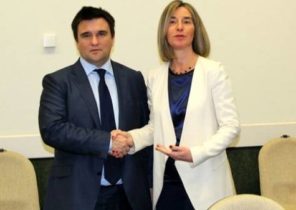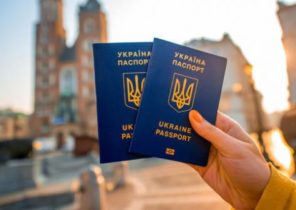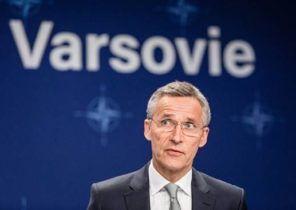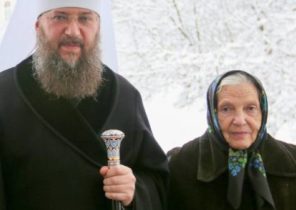
Flemming Rose wrote a few years ago a very informative interesting book: “the Disaster that did not happen.” It was about Russia in the time of Yeltsin and the necessary political and economic reforms, which at that time was held, and which Putin is almost completely turned off. So strange to read in Politiken from 05.02. interview with Rose where he says that the West misunderstands Putin.
No, the West understands Putin correctly. Russia is a great power, whose interests are completely different from the interests of the small state of Denmark, and interests of most other European countries.
Yes, there is a need for more knowledge about Russia, but Rose repeats the usual clichés about Russian injuries inflicted by intruders, and reduce the value of attacks Russia on democracy. Dialogue with Russia only makes sense in one area: the climate!
Russia considers itself a great military power, it means that her interests are quite similar to the interests of a small state such as Denmark and the interests of the majority of European countries. Small States are naturally interested in the existence of a strong international organisations that are able to restrain the behavior of great powers. And Russia, by contrast, wants the great powers controlled international security policy, so we often hear about the European concert of 1815, which Russian scientists type Karaganov, Migranyan and Lukyanov called ideal.
The European concert was a collaboration between Britain, Russia, Prussia, Austria and France. Therefore, Russia’s desire to turn the clock back to the period when it was not the UN, not to mention NATO and the EU. In any case, Moscow hopes that trump will be quite indifferent to the small and medium-sized European States.
Rosa advocates that the West was working on his Russian policy and has invested in a strong increase in the number of experts on Russia. Here I fully agree with him. But the readers of Politiken do not need to tell the old tale that “Russia often suffered from invasions from the West, than the attack itself”. Should be called two of the biggest invasion from the West: Napoleon’s invasion, which ended with a crushing Russian victory in 1812, and Hitler’s invasion, which also ended in defeat of the attacked country. Consequently, both the invasion showed tremendous ability of Russia to conduct a defensive war. As for offensive wars of the Soviet Union with the West, we should remember the Winter war with Finland, the conquest of Eastern Poland, occupation of Baltic States, invasion of Hungary and Czechoslovakia and the last intervention in Ukraine. Here the picture is somewhat different, because to wage offensive war harder. Many experts meanwhile say about the special “siege syndrome” in Russia — the feeling of living surrounded by a hostile world. But from the perspective of an external observer, something other than a threat to the country.
Rosa diminishes Russia’s attempts to undermine liberal democracy. But this is not a trivial attack, it’s attacks that recently have been Norway in the form of hacker attacks on the accounts of the Norwegian Labour party and several ministries. During such attacks an important public function can be paralyzed, business, public debate can be dismissed because of misinformation, and as a result could undermine the rule of law. But Rosa believes that the score is currently 1: 1 between the USA and Russia. In the end, Rosa proceeds to the question of how the West should act to cope with Russia. Here he generally incomprehensible statements. But here, it is easy to give him good advice. We need to continue sanctions until, until you complete the Minsk 2 agreement, while Putin did not cancel its retaliatory sanctions, namely: a ban on the import of Western products.
However, there is a nice moment. We can start a dialogue with Russia on climate change. We are talking about real threat to her, which did not pay sufficient attention to is a threat to the country’s infrastructure, in particular, residential complexes, numerous large Russian Arctic cities. The fact is that up to two thirds of the surface are Russian territory is permafrost, which means the warming climate is increasingly showing signs of destruction.







